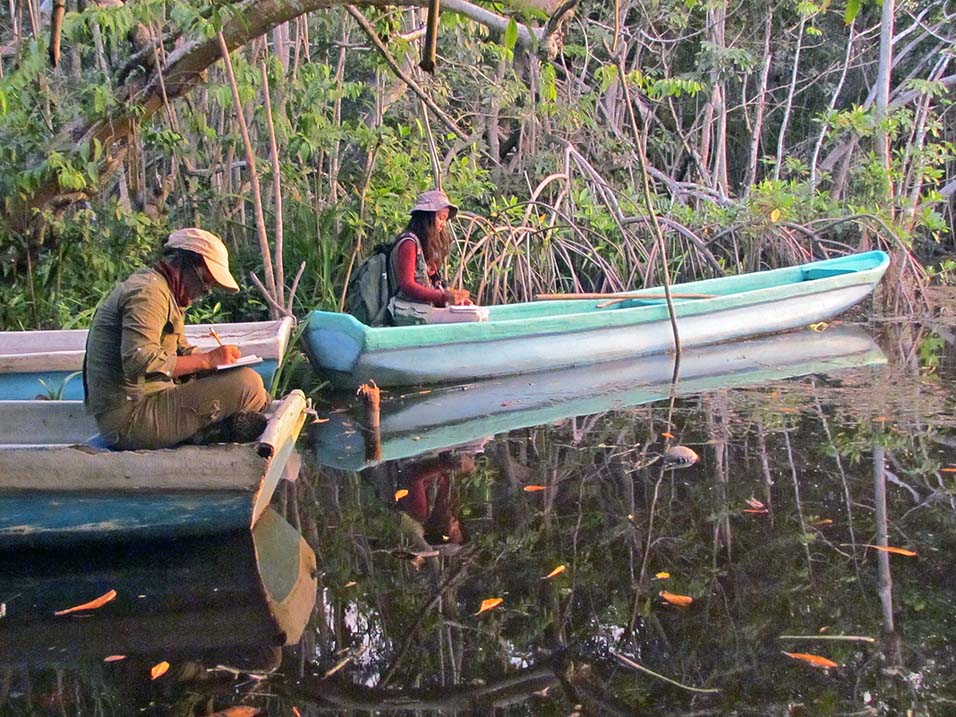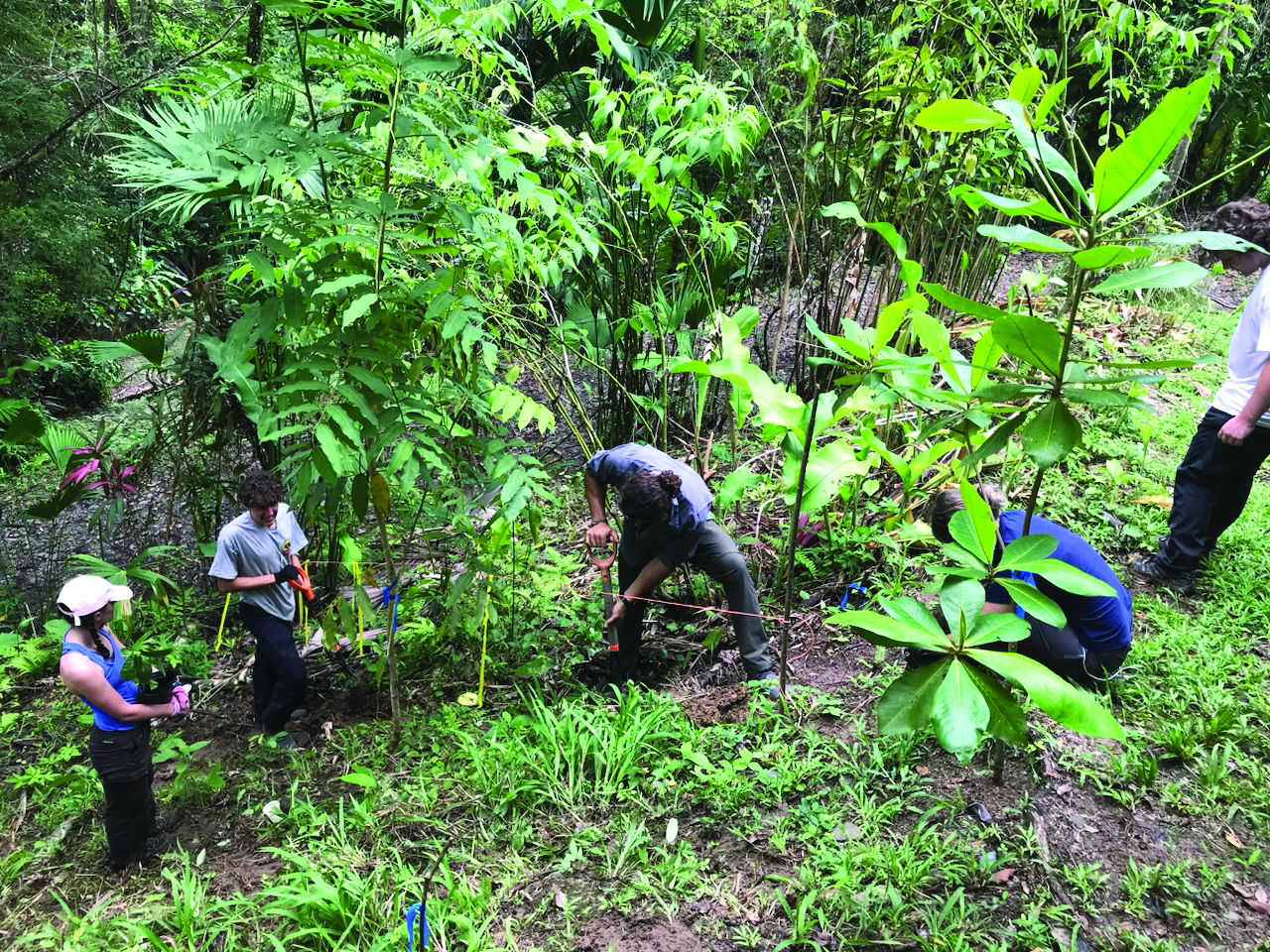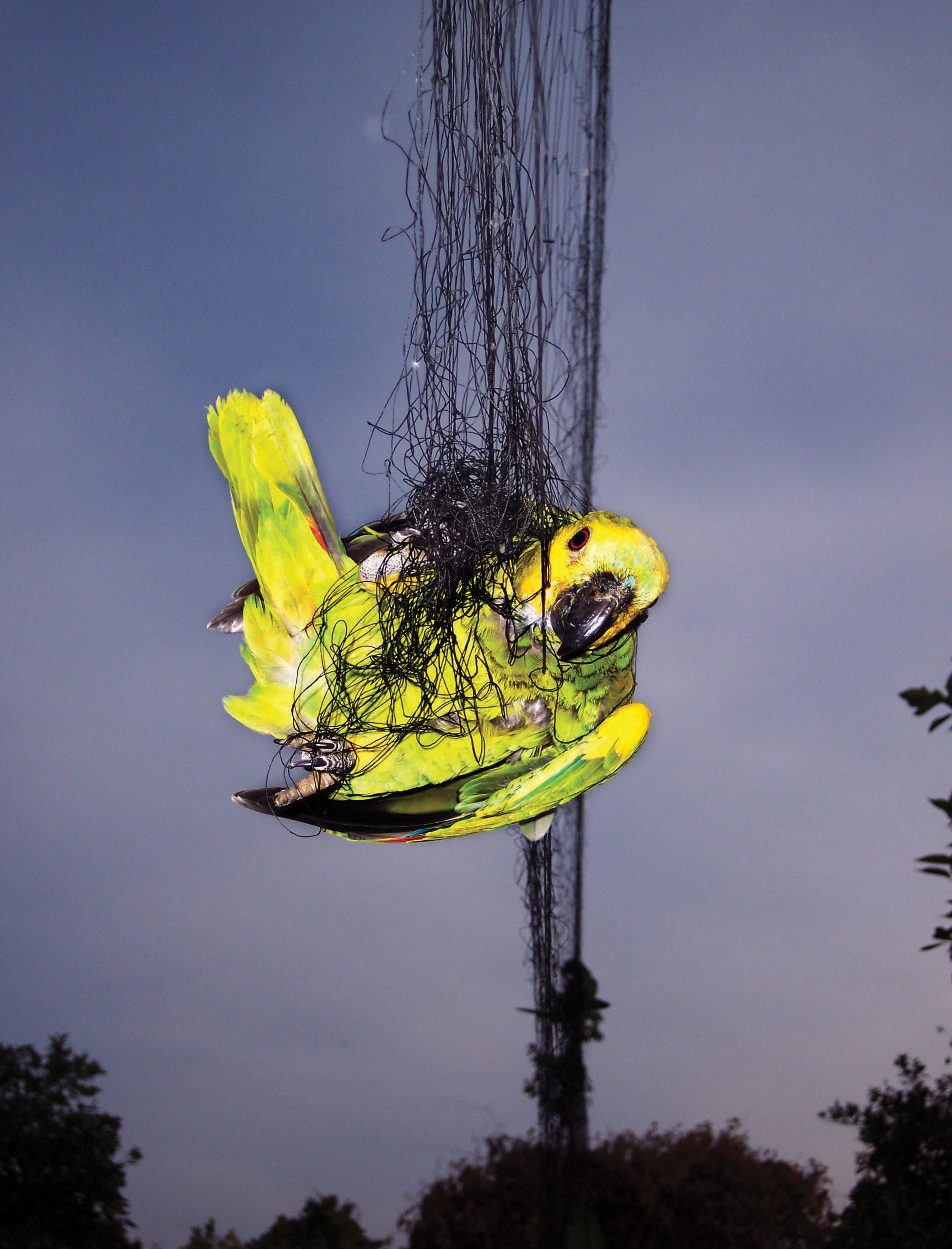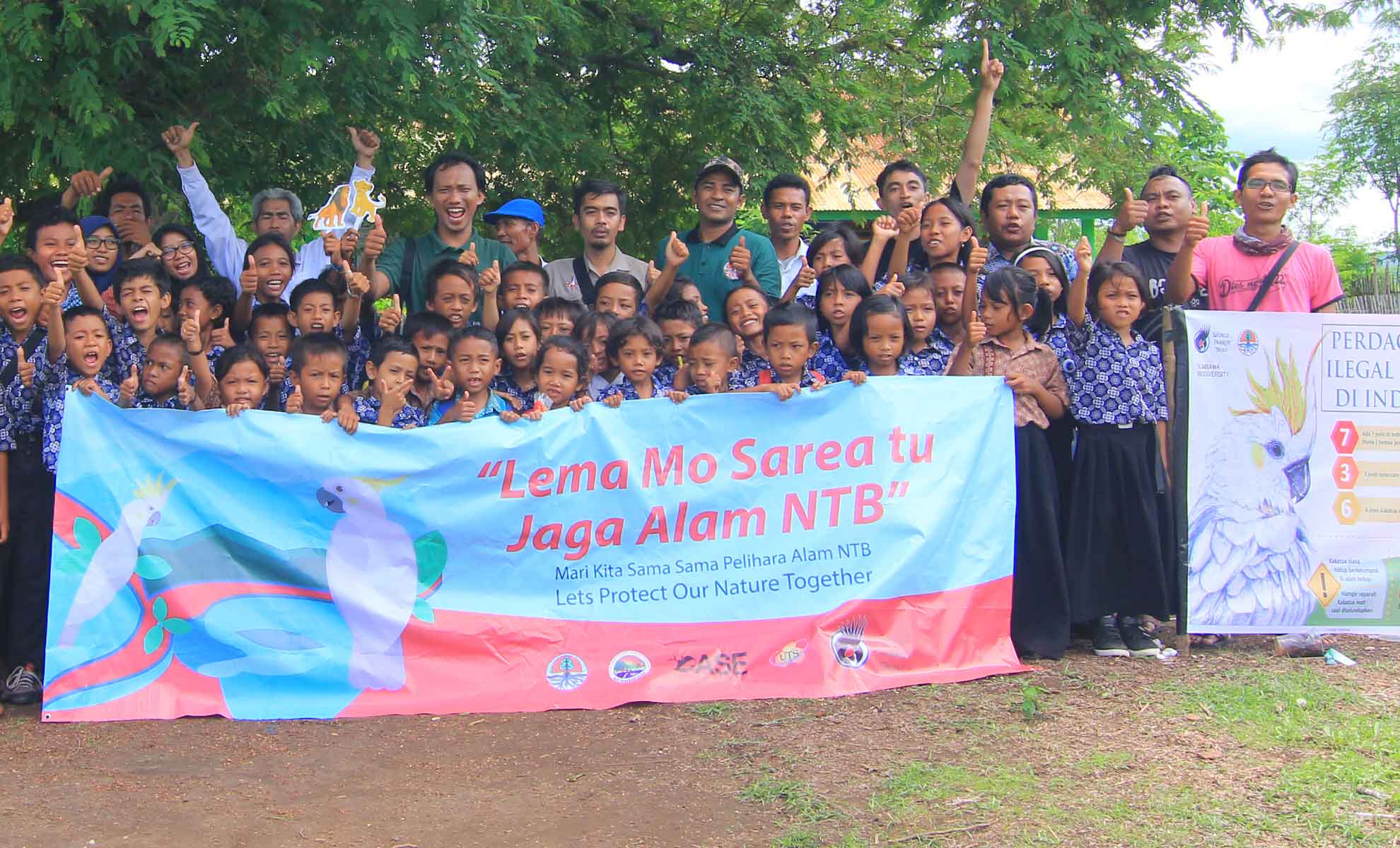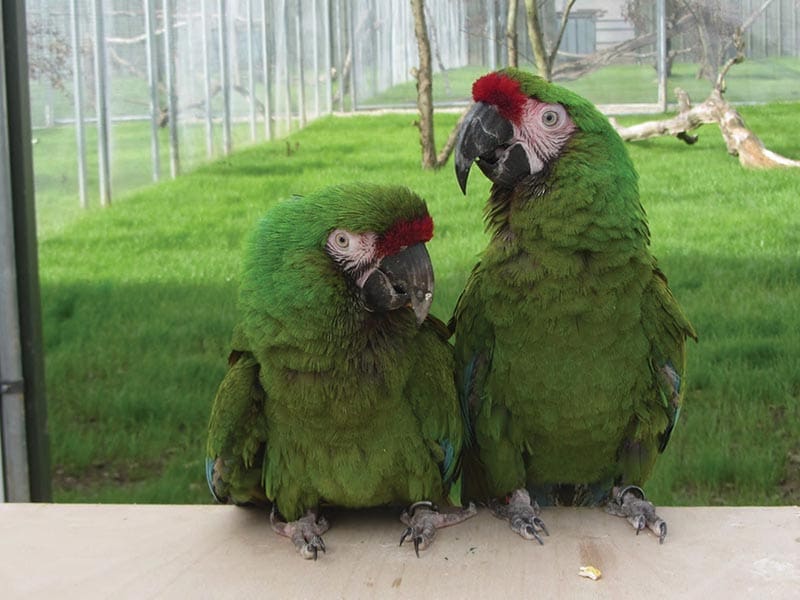Our Mission
Our focus at the World Parrot Trust is to protect parrots and the places they live. We understand the threats that many parrot species face and are committed to safeguarding them through focused conservation efforts. By collaborating closely with researchers, local communities, and governments, we lead or support projects that preserve habitats, combat illegal wildlife trade, and restore endangered species to the wild.
A deep committment to parrots
Our ultimate goal is to ensure the survival of parrots, many of which face increasing risks from habitat destruction and human exploitation.
We are equally devoted to improving the welfare of companion parrots, and raising awareness about their complex needs. Because we understand the unique challenges that they face, we look to provide educational resources and support to parrot caregivers, rehabilitation facilities and sanctuaries to promote proper care and enrichment practices. Through these efforts, we work to ensure that parrots in captivity can lead healthy, fulfilling lives and are treated with the respect they deserve.
At the heart of our mission is a deep commitment to creating a world where parrots can thrive both in the wild and in captivity. We envision a future where human activities no longer threaten these remarkable birds and their beauty and intelligence are celebrated and preserved. By fostering global awareness and action, we strive to ensure they remain an integral and cherished part of our natural world.
